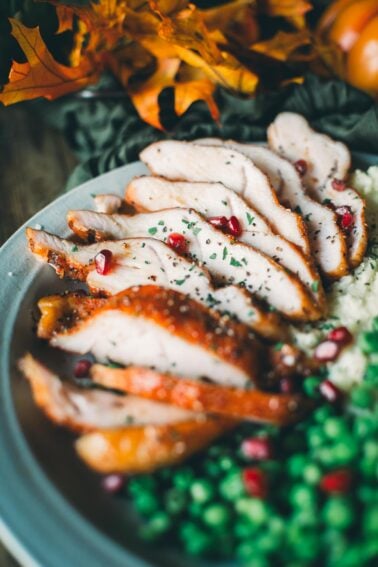Few foods spark as much argument as a steak cooked well-done. For some, it is the ultimate culinary sin, the destruction of a beautiful cut of meat. For others, it is comfort, safety, or simply the way they’ve always enjoyed it. What seems like a simple matter of taste often turns into a battleground of tradition, science, and identity. To understand why the debate refuses to cool, you have to look beyond the plate—to history, culture, psychology, and the way we talk about food itself.
The History of Steak Preparation Preferences

The preference for steak doneness can be traced back to various historical roots and cultural influences. In the medieval period, meat was often cooked thoroughly to ensure it was free from diseases. This tradition may have influenced some people’s preference for well-done steak. Additionally, in certain cultures, the consumption of undercooked meat was considered barbaric, leading to a cultural inclination towards well-done meats.Geographically, steak preferences can vary widely. For example, in Argentina, renowned for its beef, steak is often enjoyed medium-rare, while in parts of the Middle East, well-done steak is the norm. This highlights how cultural and regional influences can shape our food preferences.
The Science Behind Steak Cooking Levels

Cooking a steak changes its chemical makeup, affecting its flavor, texture, and nutritional profile. In a well-done steak, the heat has broken down the proteins and fats, resulting in a firmer texture. Also, the Maillard reaction that occurs at high temperatures can create a range of flavors and aromas, some of which are unique to well-done steak.From a health perspective, the level of doneness can impact the risk factors associated with consuming steak. While rare steak retains more vitamins and nutrients, well-done steak reduces the risk of foodborne illnesses. However, cooking steak at high temperatures for long periods can also produce harmful compounds, so it’s essential to strike a balance.
The Psychology of Food Preferences

Our food preferences are not purely about taste – they’re also influenced by our upbringing and personal experiences. Someone raised in a family where well-done steak was the norm might naturally prefer this preparation. Conversely, individuals who had negative experiences with undercooked meat may lean towards well-done steak.Food choices can also be a highly personal matter, triggering strong reactions when challenged. In the case of well-done steak, “food shaming” often comes into play, with critics labeling this preference as a sign of poor taste. This can fuel the debate, as people defend their choices passionately.
The Role of Social Media in Amplifying Steak Debates

Social media has played a significant role in amplifying the debate around well-done steak. Viral posts, such as the infamous tweet where President Trump ordered his steak well-done with ketchup, can spark heated discussions and polarize opinions.Celebrity chefs and food influencers also weigh in on the debate, often favoring less cooked preparations. For example, chef Gordon Ramsay has publicly expressed his disdain for well-done steak, which can influence his millions of followers. However, it’s crucial to remember that while these voices are loud, they represent a fraction of the diverse global preferences for steak doneness.













